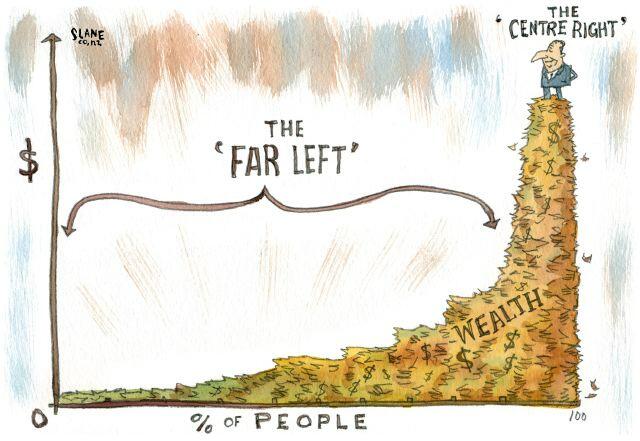It suits the current political climate to perpetuate a narrative that poor people are poor because they don’t work hard. The growing gulf between the haves and the have nots in our world is bad for society. Monkeys just do it faster.
It’s a Wonderful Life… for the poor….
We are in the middle of the lent course at Holy Nativity where we are looking at issues of wealth and poverty. We have been following Kindle a Flame by Church Action on Poverty and it is really good pulling together a rich variety of scripture and resources. There is a great group of people coming along with the desire to see God transform our Urban Priority Area.
The above clip is for tonight’s session. It is amazing to think that in 1946 such clarity could be expressed in the US mainstream. I wonder how people will react to it and Zacchaeus tonight?
This is a cartoon by Chris Slane (@slanecartoons)
Invisible People
There is a fashion at the moment for videoing yourself doing unusual things and uploading it to youtube. They are everywhere but Upworthy share these types of video at an almost hourly rate. Often they highlight issues within our society that should cause us great shame like the plight of the poor or homeless.
Here we have a video that I keep seeing again and again appear on Facebook and twitter. A homeless man is begging on the street and some students come and play music with his bucket.
[EDIT – it got taken down]
I can’t help feeling uneasy about the whole scenario. This homeless man is someone we never hear from or about in the whole clip. He is still homeless and still has no voice at the end of the video. He becomes part of a freak show that no doubt generates lots of traffic to someone’s YouTube account. I’m haunted by the bewildered look on his face as they leave arm in arm having changed… their YouTube hit count.
As we wander through life we are increasingly oblivious to “the other”. We wear our headphones and stare at our smart phones as we hustle and bustle from one place to another. There are marginalised people who are invisible in our society. We speak about them but we rarely hear from them. The homeless woman sitting on a sleeping bag at the corner of the road by the market is someone we either walk past or throw some loose change at. As a society we are paternalistic in the way we engage with “the other”. We talk about those “invisible people”, the poor or the homeless and we are in danger of dehumanising people we see as “problems to fix” as we turn people into objects.

